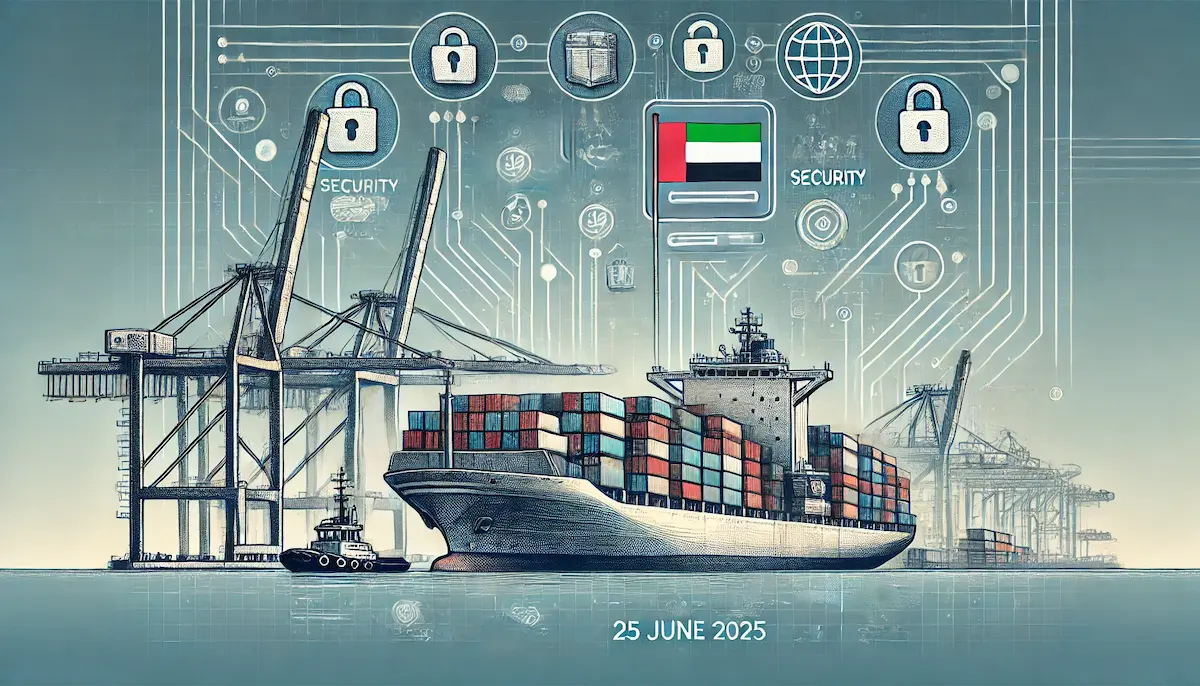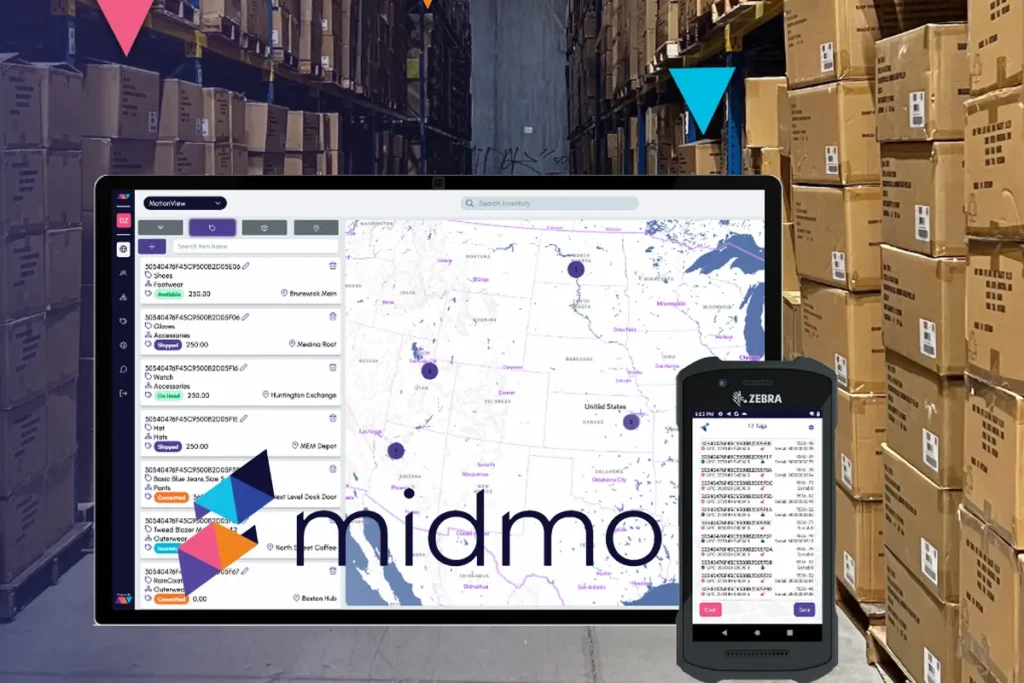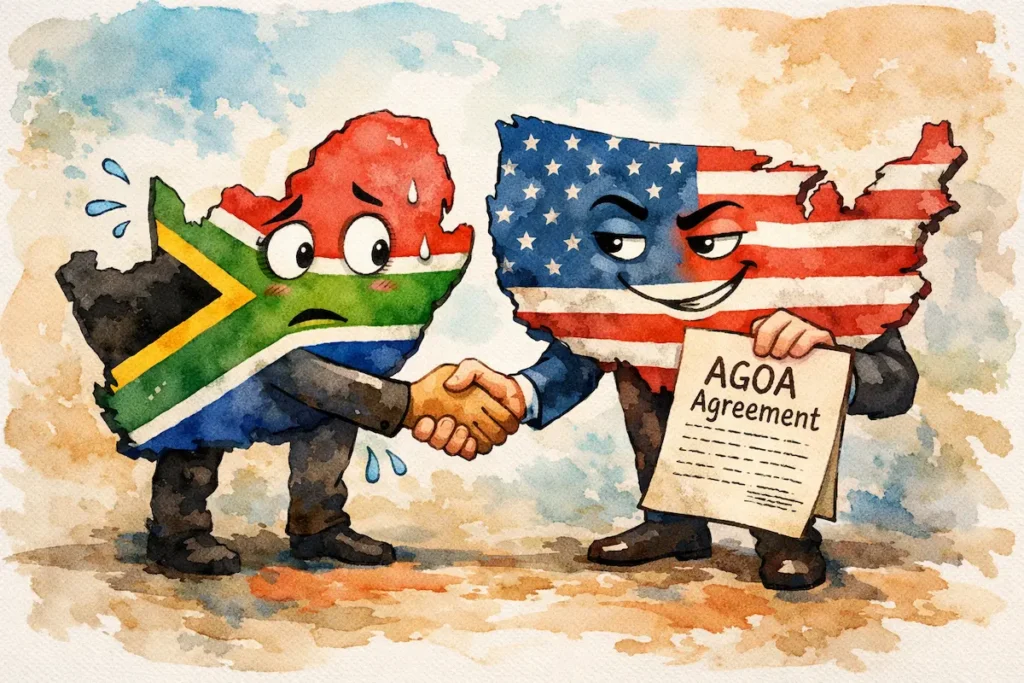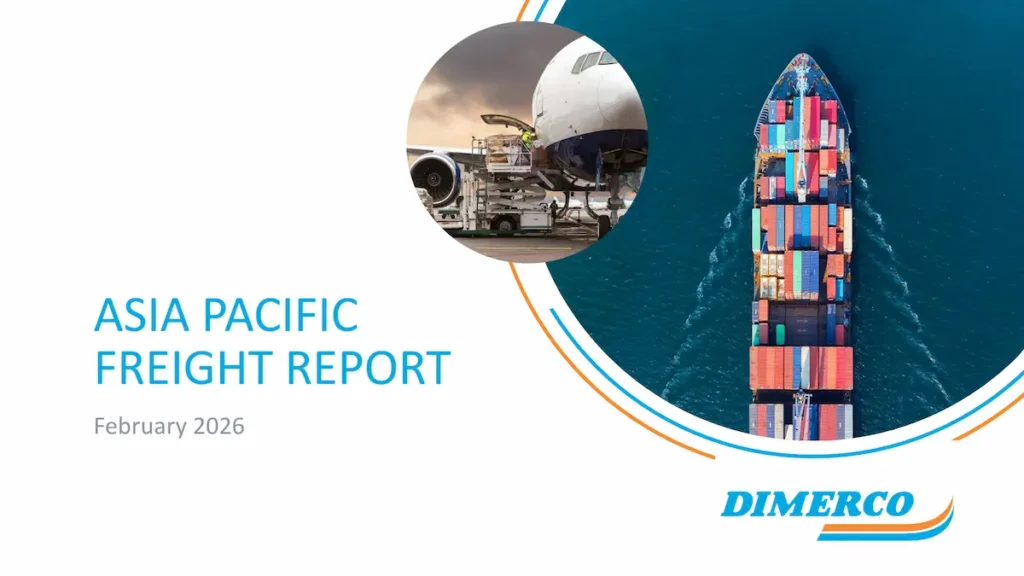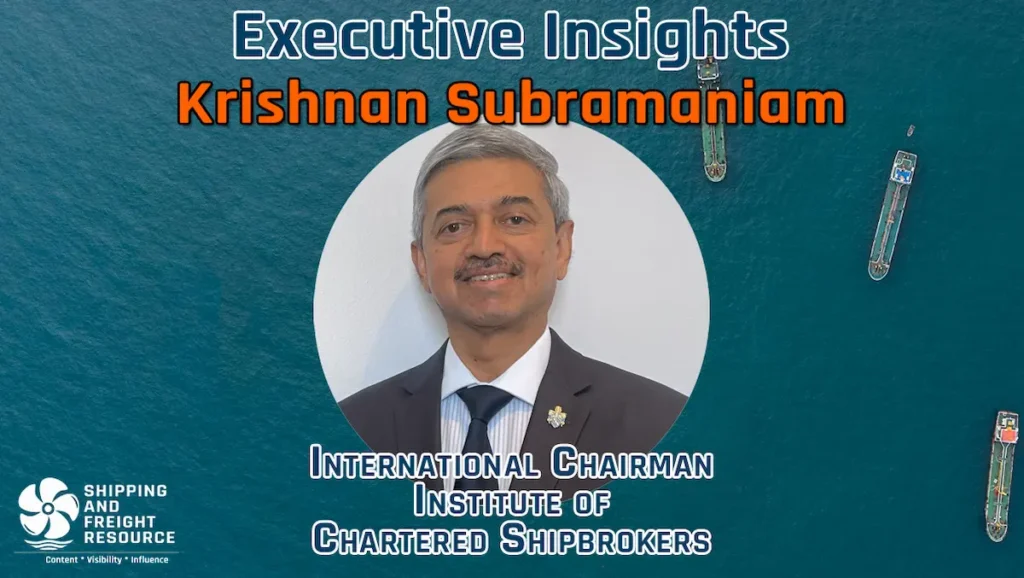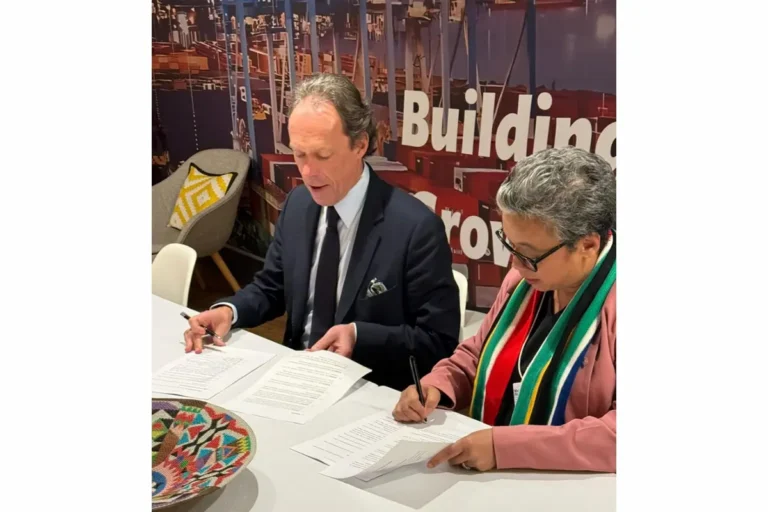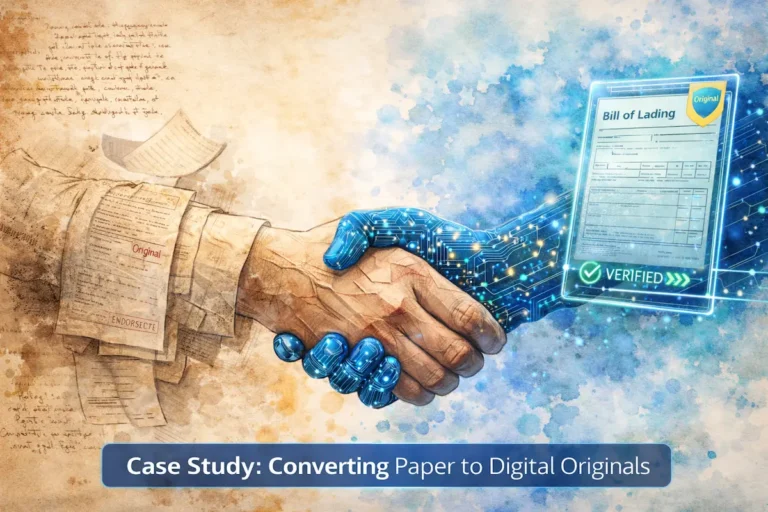The United Arab Emirates (UAE) has made progress in its steps towards enhancing maritime cargo security and supply chain transparency through its Maritime Pre-Load Cargo Information (MPCI) program which is set to be fully implemented on the 25th of June 2025.
Operating under the UAE’s Federal Authority for Identity, Citizenship, Customs & Port Security (ICP) and managed by the UAE’s National Advance Information Center (NAIC), this initiative mandates the electronic submission of detailed cargo information at least 24 hours before loading at ports of origin.
The UAE’s MPCI program is an extension of an expanding global effort, mirroring existing frameworks like the EU’s Import Control System 2 (ICS2), the US Importer Security Filing (ISF), and similar programs worldwide, underscoring the international push towards greater cargo visibility and security.
Key requirements of the MPCI program
Under MPCI, detailed electronic cargo information must be submitted to the UAE’s authorities 24 hours before container loading at the foreign port of departure. The key requirements include:
- Mandatory electronic submission: Cargo data, specifically Bill of Lading (B/L) details, must be electronically filed with the NAIC system before vessel loading at the last foreign port outside the UAE.
- Filing responsibilities clearly defined:
- Shipping lines are required to file carrier Bills of Lading.
- Freight forwarders or Non-Vessel Operating Common Carriers (NVOCCs) must submit House B/L details electronically.
- Forwarders must identify the actual shipper and consignee in their filings.
- Verification by Master Vessel Operators: Carrier operators must verify and confirm forwarder declarations before cargo loading.
- Update of transhipment details: Filers must accurately update vessel and transit details, including actual vessel name and departure dates.
- Broad scope of application: The program covers all containerised maritime cargo destined for import, transhipment, transit, and Freight Remaining On Board (FROB) in UAE waters.
These requirements aim to significantly bolster risk assessment capabilities, streamline customs procedures, and secure the UAE’s strategic maritime trade routes.
Industry preparations
As the deadline approaches, logistics providers and shipping companies are rapidly preparing to comply with the UAE’s MPCI program.
CargoX, a global digital logistics innovator, has become the first officially certified service provider approved by NAIC. Leveraging blockchain-based solutions, CargoX’s platform facilitates the secure and efficient submission of electronic B/L data to UAE authorities, simplifying compliance for shipping lines and freight forwarders.
Their technology offers a flexible range of solutions, including an intuitive web application for small and medium-sized enterprises (SMEs), and full-scale API integrations tailored to larger enterprises with existing IT infrastructures.
Trade Tech Inc., a global logistics platform provider headquartered in Seattle, USA, is also proactively preparing its systems and customers for the new regulations.
Bryn Heimbeck, President and Co-Founder of Trade Tech, highlighted the importance of this shift, saying, “Governments worldwide are prioritizing safe and transparent supply chains and submitting cargo data 24 hours before departure is becoming the standard way of doing business. Trade Tech’s platform is designed to support this evolving landscape, ensuring seamless compliance across jurisdictions.”
Trade Tech has advised that it is building the necessary functionalities for MPCI compliance, drawing from its substantial experience with similar global initiatives such as the EU’s ICS2 and the US’s ISF.
The company has engaged closely with local UAE authorities and industry partners to ensure that systems will be fully operational and compliant ahead of the June implementation date.
Etihad Cargo demonstrates proactive readiness
In the air cargo sector, Etihad Cargo has also confirmed complete preparedness for UAE’s broader Pre-Loading Advance Cargo Information (PLACI) regulations.
The carrier integrated PLACI compliance into its global operations and has been actively involved in pilot programs to refine processes, and infrastructure, and ensure smooth transitions for customers and partners alike.
This holistic industry approach further underscores the UAE’s commitment to adopting advanced cargo security measures across all logistics sectors.
Global impact and future implications
The introduction of MPCI in the UAE indicates a broader global trend toward enhancing cargo security and supply chain transparency through mandatory advanced electronic data submissions. The program aims to proactively mitigate risks, optimise customs processing times, and increase the efficiency of international cargo movements.
Stakeholders across global logistics and shipping must rapidly adapt their systems, processes, and partnerships to remain compliant with these evolving international standards.
Technology-driven solutions offered by providers like CargoX and Trade Tech are becoming indispensable for businesses looking to ensure regulatory compliance and prevent costly disruptions to their cargo operations.
As the June 25 implementation date draws near, industry participants are encouraged to familiarise themselves with the MPCI guidelines, engage with certified technology providers, and ensure seamless compliance to avoid disruptions, penalties, and delays in their UAE-bound cargo flows.
For more information about compliance solutions and the MPCI program, visit the official UAE ICP website.

